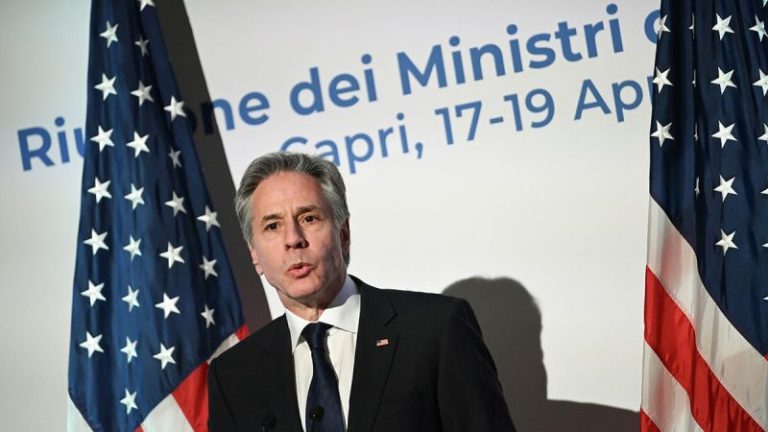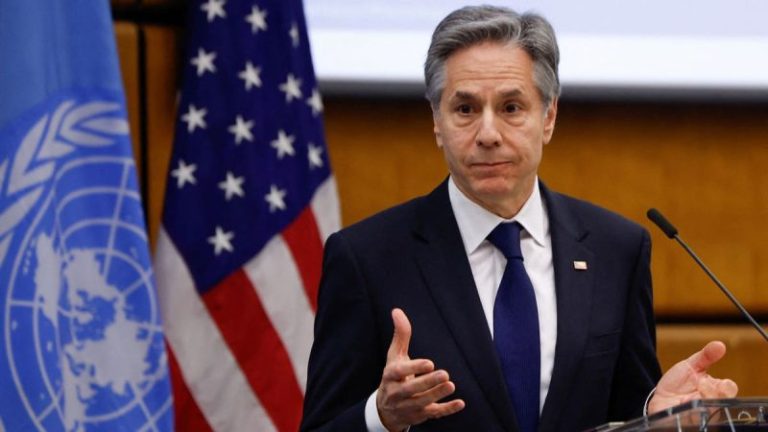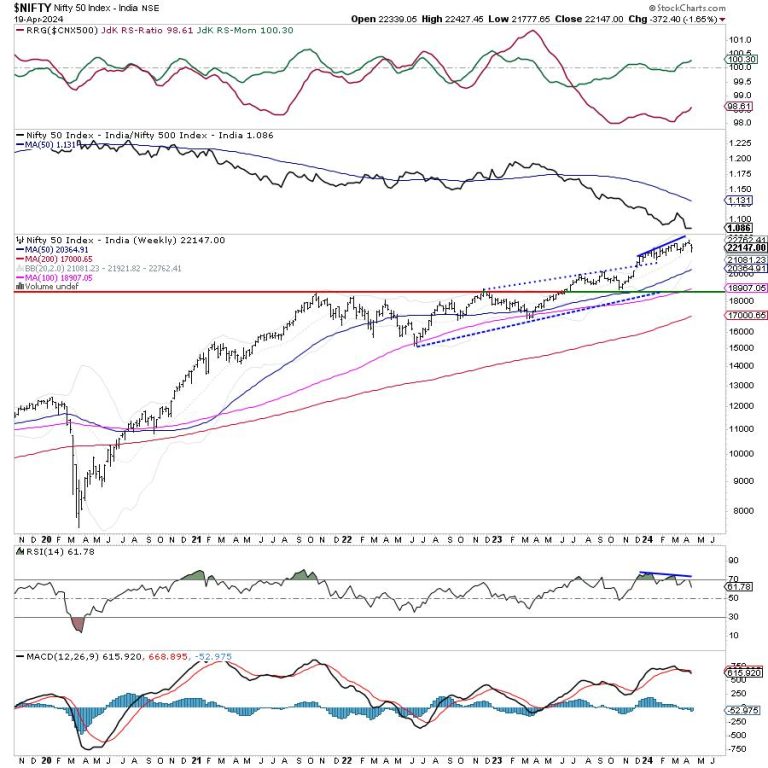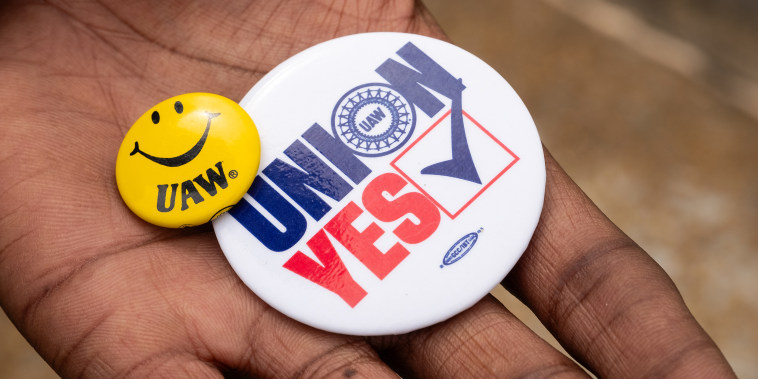Secretary of State Antony Blinken will travel to China this week with a fresh threat regarding Beijing’s support for Russia, as the House greenlit a new $61 billion aid package for Ukraine.
A senior State Department official previewed Blinken’s upcoming April 24-26 trip to China in call with reporters on Friday, describing how he will meet with senior PRC officials in both Shanghai and Beijing.
‘I don’t have anything specific to announce to you today, but I’ll just underscore that as you’ve seen us demonstrate over the past many weeks and months, we’re committed to taking the steps necessary to defend our national interests, and we’re prepared to take steps when we believe necessary against firms that are taking steps in contravention to our interests and in ways that – as we’ve indicated here – severely undermine security in both Ukraine and Europe,’ the senior State Department official said. ‘And I think we’ve demonstrated our willingness to do so regarding firms from a number of countries, not just China. And at any rate, again, I think this will be a key issue of discussion while we’re in Beijing.’
With his G7 foreign ministerial counterparts, Blinken on Friday discussed concern ‘about the transfers to Russia from businesses in the PRC of a range of dual-use materials and weapons components that Russia is using to advance its military production,’ the official said. ‘The concern there is that through Chinese support, Russia has largely reconstituted its defense industrial base, which has an impact not just on the battlefield in Ukraine but poses a larger threat, we believe, to broader European security.
Blinken and other U.S. diplomats will express those concerns to China and ‘our intent to have China curtail that support,’ which is starting to pose ‘a threat to European security,’ the official said.
The State Department could not immediately confirm whether Blinken will meet with Chinese President Xi Jinping. The senior State Department official did confirm to reporters that Blinken is expected to meet with his counterpart, Director and Foreign Minister Wang Yi.
In Shanghai and Beijing, the secretary will focus ‘on implementing the leaders’ commitments in San Francisco to advance cooperation on issues such as counternarcotics, bolster mil-mil communication, and establish talks on artificial intelligence risks and safety,’ the senior State Department official said.
The State Department outlined three goals for Blinken’s trip: ‘making progress on key issues,’ ‘clearly and directly communicating concerns on bilateral, regional, and global issues’ and third, ‘responsibly managing competition’ so ‘that it does not result in miscalculation or conflict.’
Blinken is expected to ‘raise clearly and candidly our concerns on issues ranging from human rights, unfair economic and trade practices, to the global economic consequences of PRC industrial over-capacity.’
The official said the secretary ‘will also reiterate our deep concerns regarding the PRC’s support for Russia’s defense industrial base,’ ‘discuss the crisis in the Middle East’ and ‘challenges in the Indo-Pacific, including PRC provocations in the South China Sea, as well as the DPRK’s threatening rhetoric and reckless actions.’
Blinken will ‘discuss the crisis in Burma’ and ‘will also reaffirm the importance of peace and stability across the Taiwan Strait,’ the official told reporters.
At the G7 summit last week, Blinken outlined the type of aid China is sending to Russia.
‘When it comes to Russia’s defense industrial base, the primary contributor in this moment to that is China,’ Blinken told reporters in Capri, Italy. ‘We see China sharing machine tools, semiconductors, other dual-use items that have helped Russia rebuild the defense industrial base that sanctions and export controls had done so much to degrade. Now, if China purports on the one hand to want good relations with Europe and other countries, it can’t on the other hand be fueling what is the biggest threat to European security since the end of the Cold War.’










